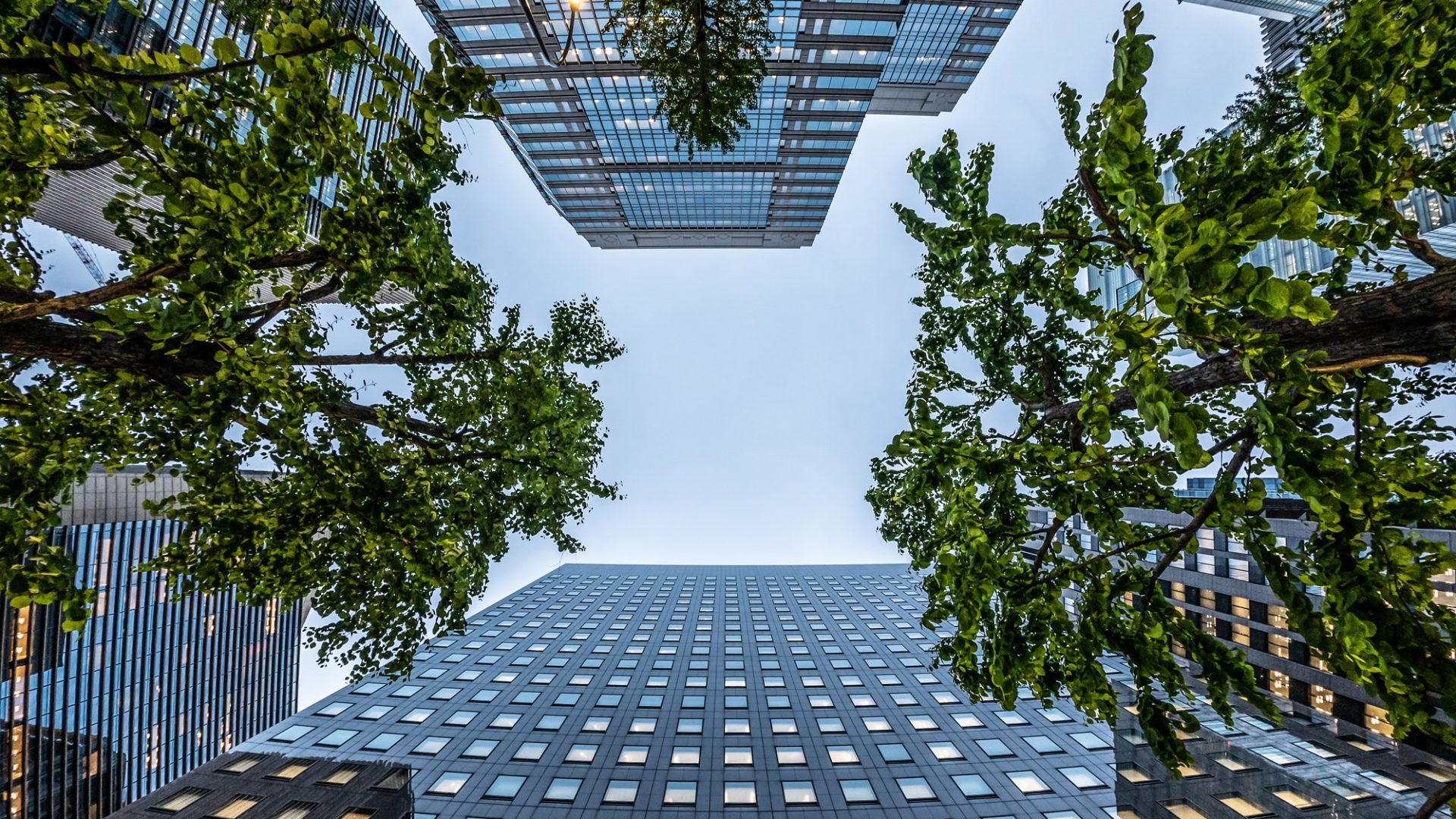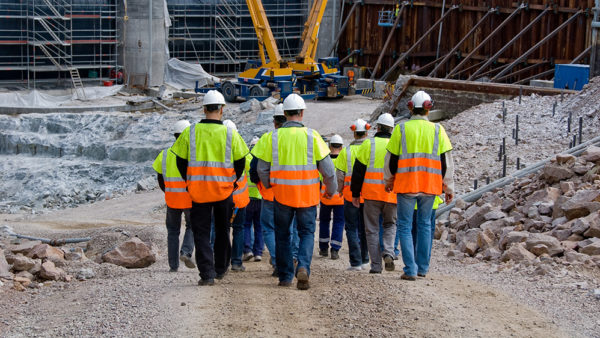Ahead of Earth Day on 22 April, David Stockdale examines how psychology affects built environment attitudes to climate change.

Environmental sustainability is the ability to maintain an ecological balance in our planet’s natural environment and conserve natural resources to support the wellbeing of current and future generations.
We tend to think of climate change as if it were a distant thunder, but it is in fact precariously near.
The other environmental emergency is protecting biodiversity. As the naturalist Edward O Wilson states, ‘so important are insects and other land-dwelling anthropods that if all were to disappear, humanity probably could not last more than a few months.’ The biodiversity crisis poses as great a risk to human society as climate change. Yet it has a fraction of the public profile.
In a recent report by Zack King and Neil Young, ‘Re-thinking Climate Communications: Lessons from deniers and ‘delayers’:
- 38% say that the climate crisis negatively impacts their mood and mental health
- 52% feel powerless in the fight against climate change
- 42% of the general public feel that they are being lectured about climate change
- 56% of people cannot confidently explain what net zero means
- 25% of UK adults are climate change deniers or ‘delayers’
This report is an important contribution to understand the current state of play in communicating important messages.
People are hard-wired to view their world from a local and short-term perspective rather than the long-view ‘big-picture’. It’s in our DNA.
This is reflected in the reaction to various scientific reports and conclusions about climate change and biodiversity loss. Facts and figures do not move people to react. These are remote events to them, too remote to worry about because they have no effect that creates immediate danger.
People are rooted in their homes, families and traditions. Faithful, relational beings who yearn for meaning and belonging. Generally, people seek to resist the revolutionary upheaval of the current climate change and biodiversity loss crisis.
Construction and climate change
The CIOB has an important role to play in communications cementing their leadership role in the built environment system.
This can be effectively achieved via the CIOB Academy by developing learning materials that are targeted at the psychology of people and encompasses ‘systems thinking’. Recognising that not everything that counts can be counted, and not everything that can be counted counts – as Albert Einstein said.
Effective and targeted communication must be a core strategy for the CIOB moving forward.
David Stockdale is a fellow of The Chartered Institute of Building and a Chartered Environmentalist.











